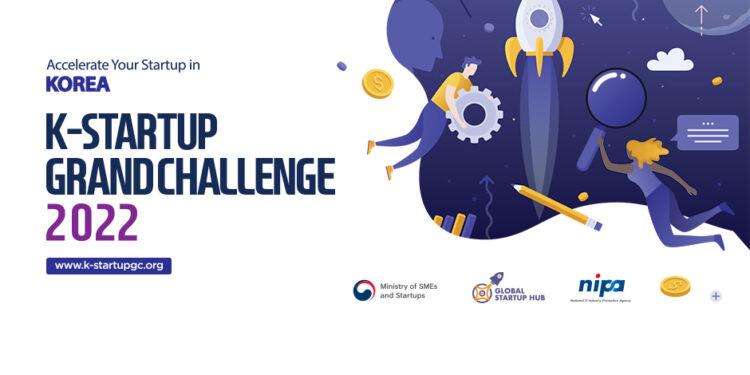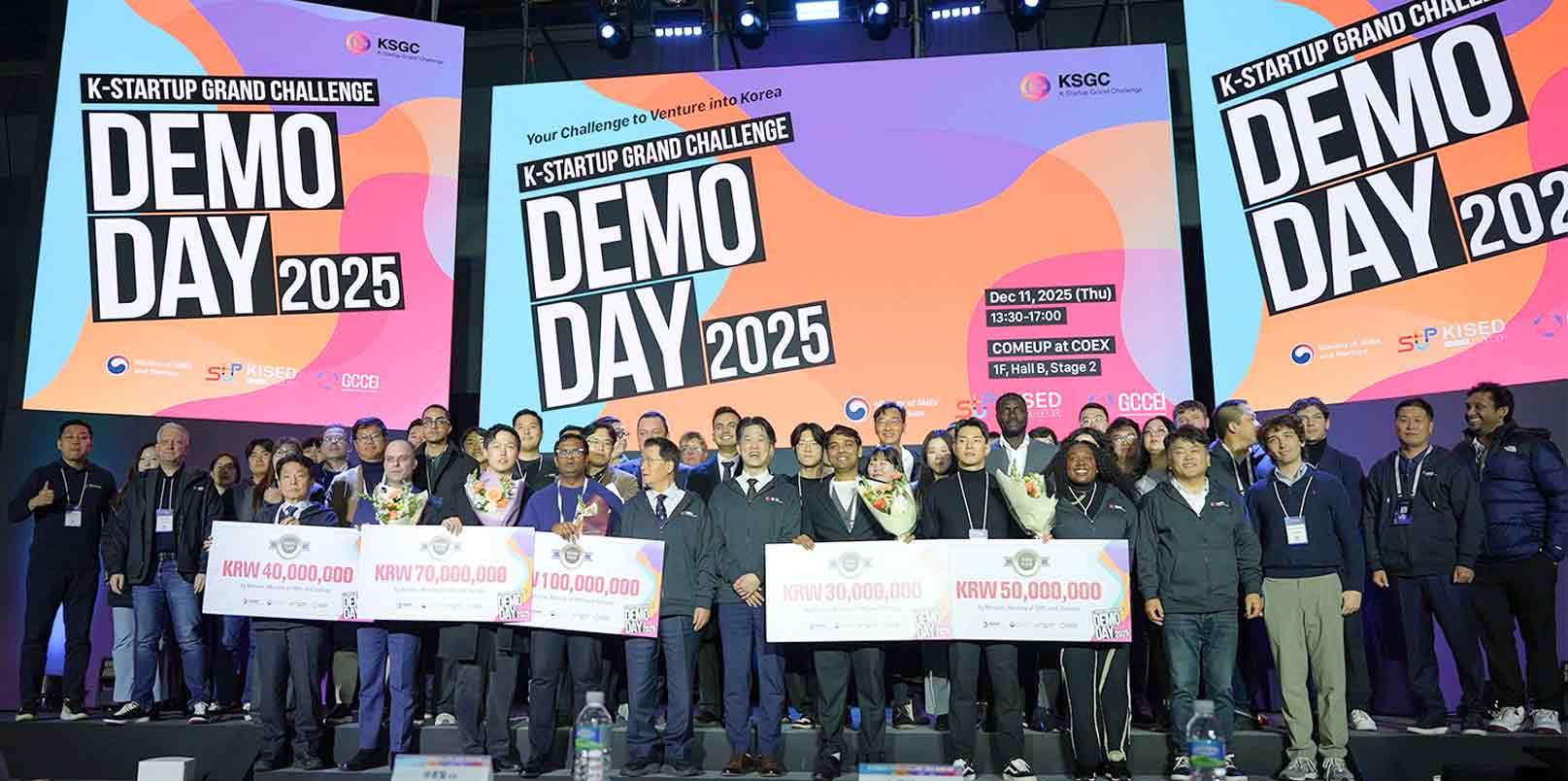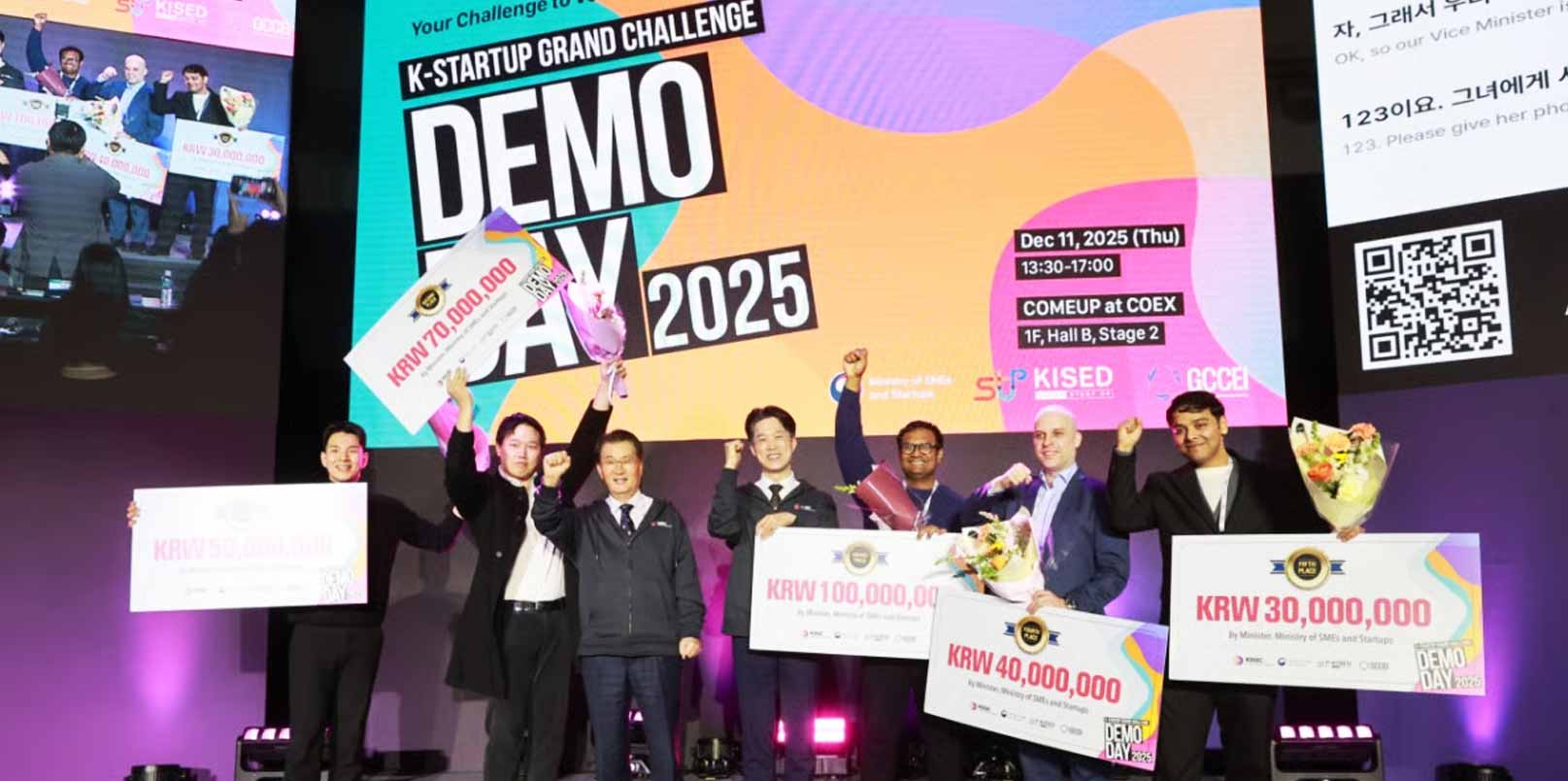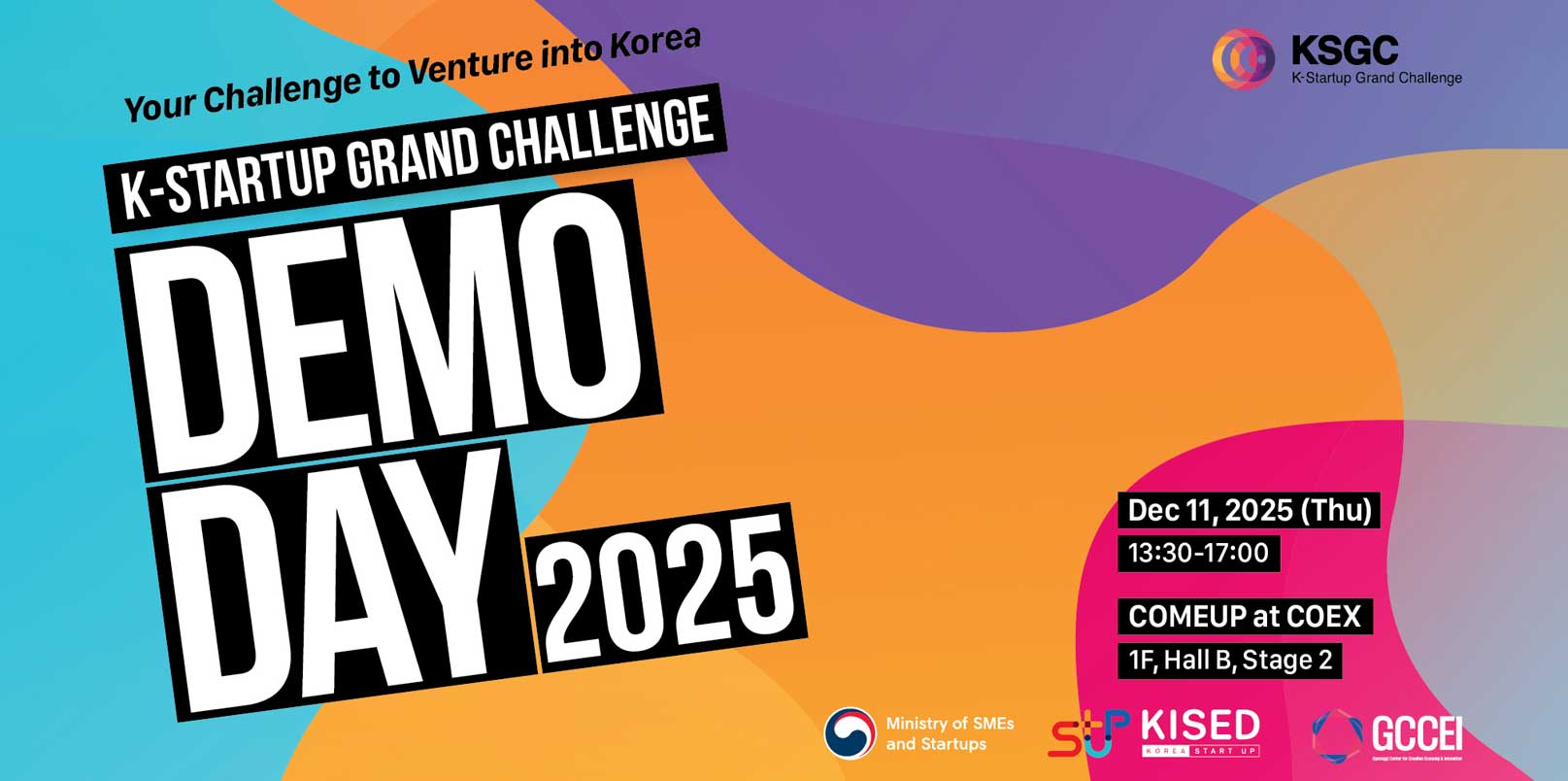South Korea has come a long way from a country ravaged by war in the 1950s to becoming an economic powerhouse in Asia. The country’s focus on education, business, and innovation has become the 11th largest economy and the fifth largest exporter of goods and services globally. Samsung, LG, Hyundai, and Kia are some of the top brands worldwide. In July 2021, the United Nations Conference on Trade and Development (UNCTAD) upgraded Korea’s status to a developed economy.
South Korea is now at a critical stage of development. In the fourth industrial revolution era, having succeeded as an economic powerhouse with a technological edge in manufacturing and industries led by large corporations, South Korea is now fostering disruptive innovation through startups. The country strives to create a balance between industrial conglomerates and the startup ecosystem.
In the last decade, the Korean government has taken a number of crucial steps to make the nation a startup-friendly destination, like establishing TIPS (Tech Incubator Program for Startups), a state-led incubation program; establishing the Ministry of SMEs and Startups to systematically oversee various startup support schemes in 2017; forming various organizations to support startups and inviting venture investor.
The country also organizes the biggest startup festival, COMEUP, a 3-day extravaganza with lectures, panel talks, mini-events, and relevant topics for startups, attended by global and domestic startups, experts, mentors, innovators, media, venture capitalists, etc.
K-Startup Grand Challenge launched in 2016
In April 2016, the K-Startup Grand Challenge (KSGC) was started. The program is supported by the National IT Industry Promotion Agency (NIPA) and is a leading program funded by the Ministry of SMEs and Startups.
K-Startup Grand Challenge (KSGC) Program is the flagship accelerator program for international startups looking to enter the competitive Asian market. KSGC selects 60 promising startup teams from across the world every year and gives an all-expenses-paid mentorship/networking opportunity in South Korea. The accelerator program ends with top startups getting additional financial incentives and the possibility of doing business in Korea.
From 2016 to 2022
In its inception year itself, KSGC received an overwhelming response. The program received applications from 2,439 startup teams from 124 countries. After a meticulous selection process, 40 startups were chosen in 2016 for the first 3-month acceleration program in South Korea. Tech startups with innovative technologies got the edge over other startups in the KSGC program selection.
Startups from industries like AI, Information security, Blockchain, IoT, FinTech, Big Data, Robotics, Gaming, etc., were chosen from the pool of applications. At the end of the program in December 2016, a demo day was organized in which 20 promising startups received funding of $33,000 from the government, with the top four getting an additional $6,000 to $100,000. The KSGC team also gives follow-up support to the top startups for them to establish a business in Korea.
The prominent winners of the first 2016 KSGC program were Fingertips lab, the company that developed mobile interface O6, Preksh Innovations, the company using AR/VR to help physical stores reach a virtual audience; Traversal Networks, a cybersecurity solution company; and Imagga, a company that developed a cloud-based API for automated image and video tagging for businesses.
The KSGC program became quite popular in the subsequent years, with 49 teams participating in 2017, 73 teams in 2018, and 36 teams in 2019. In 2020, despite a turbulent economic condition and the impact of COVID-19, KSGC attracted 2648 applications from 118 countries.
|
FACT BOX
|
In 2021, KSGC saw an overwhelming response with 2,568 applications from 129 countries, with 54 startup teams selected finally to participate. The top 10 teams got monetary awards worth $10,000 to $120,000 on the demo day of KSGC 2021. Besides the top 30 teams got $11,136 through a Settlement program.
Turkish startup Khenda, an AI-based video analytics platform that helps manufacturing plants to increase their efficiency at production lines by analyzing manual activities, won the top prize at KSGC 2021 demo day. “Manufacturing in Asia is huge. Among the other countries in Asia, South Korea is the best country because there’s no cultural barrier here. Also, we believe that this is the best country to protect our intellectual property. South Korea is really good at adapting new technologies earlier. And what we are doing is a really new technology. So that’s why we are here,” said Aykan Ekici, Co-Founder of Khenda.
Hongkong based startup XQuant, a leading specialist in using AI to process text documents, extract meanings and perform data analysis, won the second prize. “The mentoring program and all the advice we received from the accelerator and from all the partners that we have been introduced to have been very useful to us. Practicing my speech for the IR, how to make a good document, and so on,” said Chea Srun, CEO of XQuant.
Russian startup Scanderm, an AI service which helps detect skin diseases from a photo made by phone, Singapore startup NDR Medical Technology, an Al powered Image-guided Interventional robotic system that empowers clinicians to perform early stage biopsy and ablation (treatment), and Fastpong, a smart table tennis system bagged a position in the top five teams at KSGC 2021.
K-Startup Grand Challenge 2022 has started accepting applications for its 3.5-month-long all-expenses-paid program from April 15th. The organizing committee and the Korean government expect it to be a grand post-pandemic program.
For further information and the application for K-Startup Grand Challenge, visit the website – https://www.k-startupgc.org/ and check the Facebook page (http://www.facebook.com/kstartupgc) and the LinkedIn page (https://www.linkedin.com/company/kstartupgc) for more information and further updates.






